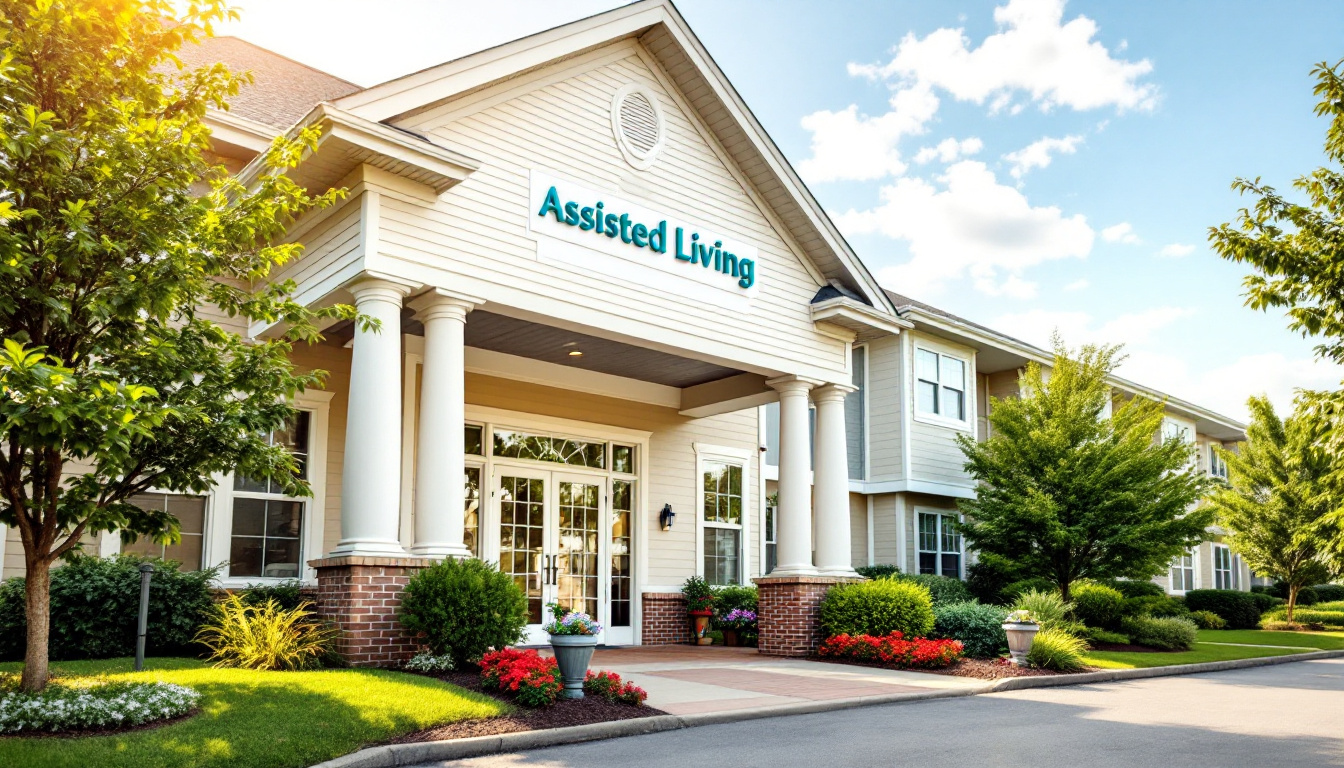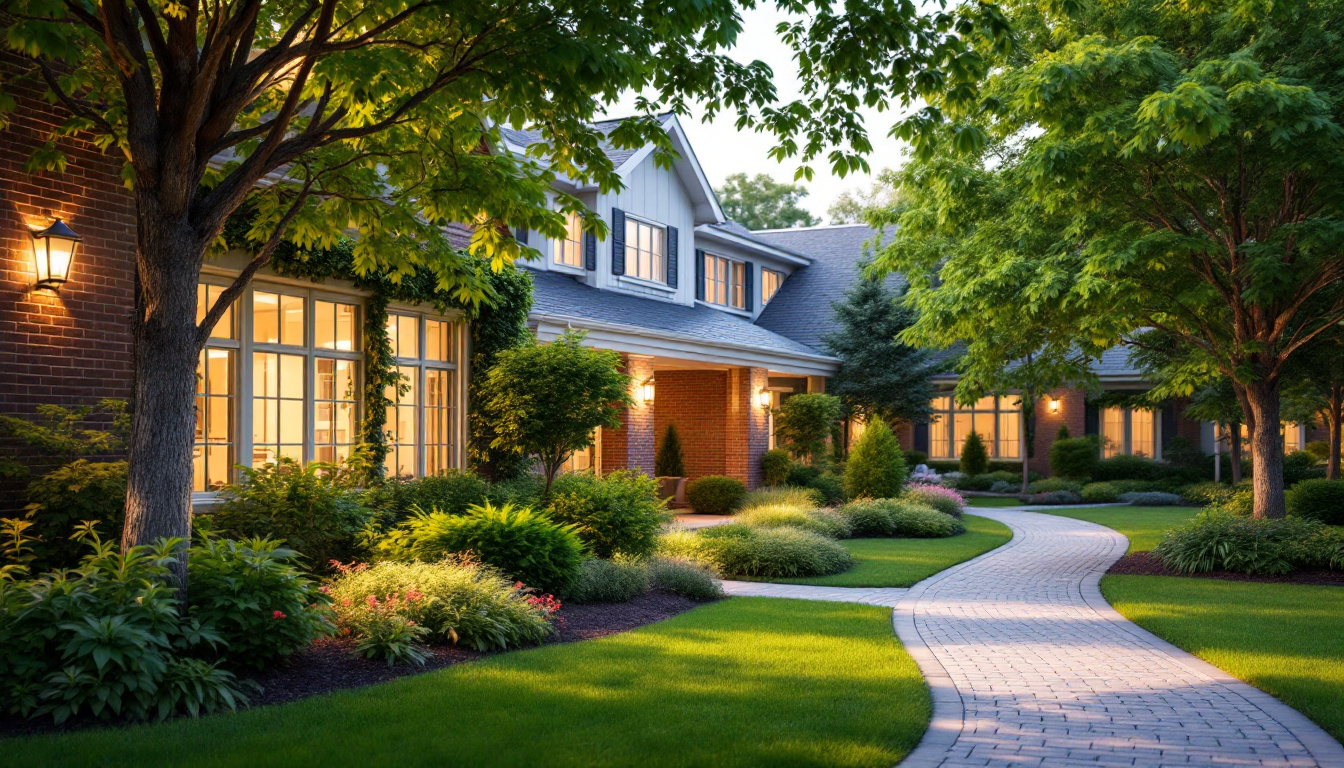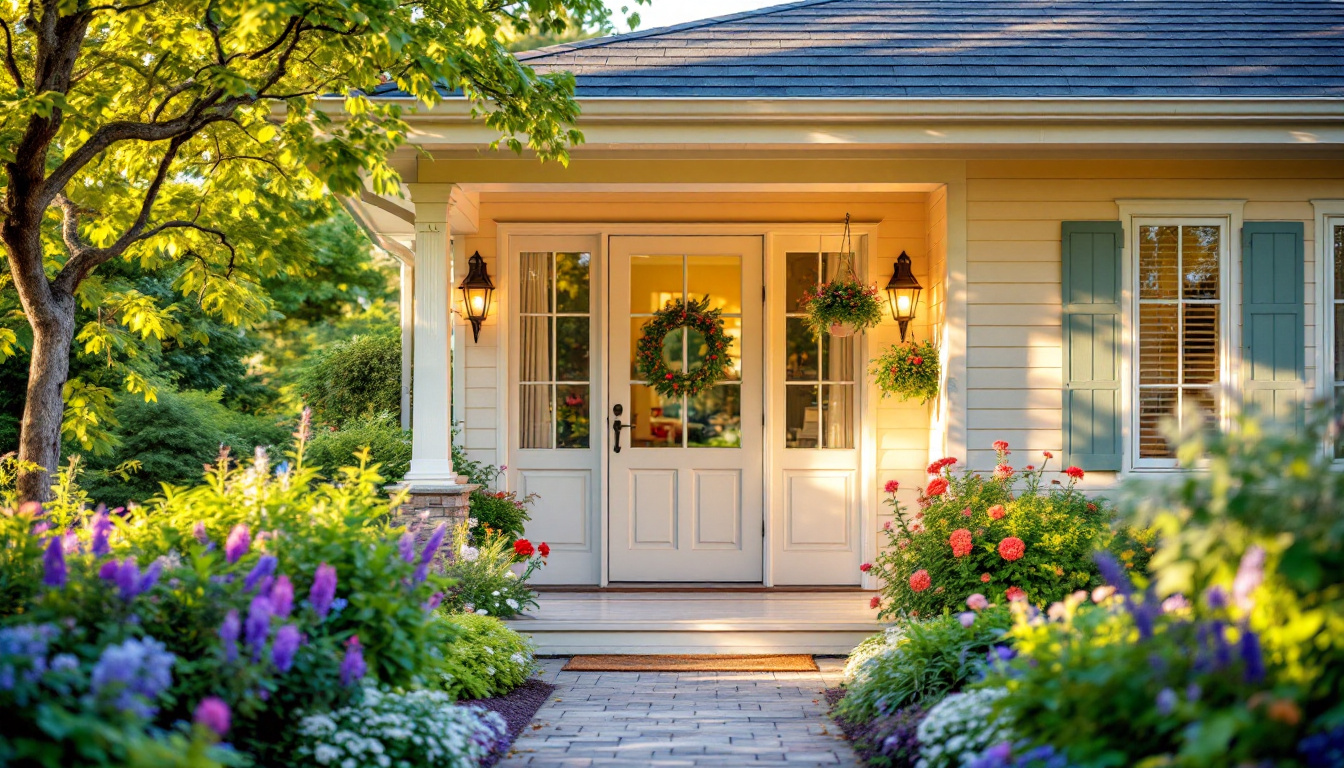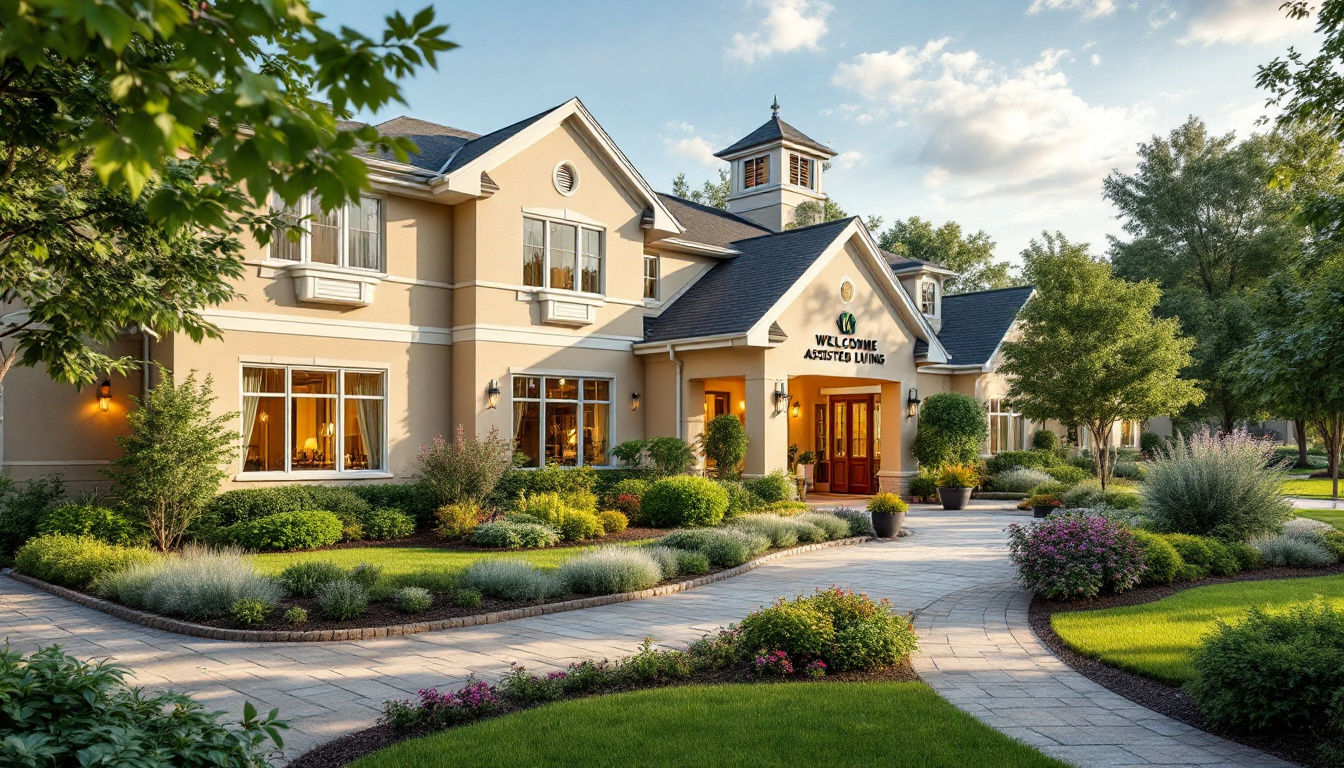What Families Should Consider When Searching for Assisted Living
Key Considerations for Families Exploring Assisted Living Options

Planning for Assisted Living: A Comprehensive Guide
When it comes to choosing the right assisted living facility for a loved one, families face a significant decision-making challenge. With various options available, it's essential to approach this task with care and thorough research to ensure the best quality of life for senior family members. This guide aims to provide families with detailed insights and practical advice on what to consider, evaluate, and ask when exploring assisted living facilities.
Essential Questions to Ask During Visits

What questions should I ask during a visit to an assisted living facility?
Visiting an assisted living facility is a crucial step when selecting the right place for a loved one. During your tour, an array of important questions can help you gather essential information.
Types of Care Provided
Understand the different levels of care offered, including assistance with daily activities, medication management, and specialized services for conditions like Alzheimer’s.Staff Qualifications
Inquire about the training and background of the caregivers. Ask about the staff-to-resident ratio to ensure personalized attention and quality of care.Safety Measures
Safety is paramount. Ask about the community's safety protocols, including emergency response systems, security features, and how they manage residents who might wander.Meal Options
Meals are a significant aspect of comfort and well-being. Discuss dietary accommodations, variety in menu options, and how dietary needs are managed.Social Activities
Inquire about planned activities and the community's approach to resident engagement. This is vital for promoting social interaction, which enhances the overall quality of life.Costs
Clarifying costs is critical for budgeting. Discuss monthly fees, what services are included, and any additional charges that may arise during residency.
These discussions will arm you with the necessary insights to make an informed decision and find a community that aligns with your loved one's needs and preferences.
Touring Nursing Homes: What to Look For

What should I look for when touring a nursing home?
When touring a nursing home, focus on the individual's unique requirements. Consider what medical services they need and the types of social activities they might enjoy. Engaging with both residents and staff will provide deeper insights into the quality of care provided.
Observing the facility’s cleanliness is critical. A well-maintained environment reflects a commitment to residents' comfort and health. Look for cleanliness practices in common areas, dining facilities, and private living spaces.
Staff-to-resident ratios are significant indicators of care quality. Inquire about how many staff members are assigned to each resident and their approach to care. Direct interaction between staff and residents can reveal the level of respect and dignity in the service delivered.
Satisfaction among residents speaks volumes about a facility's culture. Take note of how residents engage in daily activities and whether they seem happy and involved. This observation can indicate the community's overall atmosphere and help in assessing if the facility meets your loved one's emotional and social needs.
Before concluding your visit, clarify the costs associated with residency and the services included. Additionally, understanding policies related to communication, resident rights, and family involvement can greatly influence your decision.
| Factors to Observe | Importance | What to Ask/Look For |
|---|---|---|
| Individual Needs | High | What services are offered? What activities are available? |
| Cleanliness | High | How is the cleaning process managed? |
| Staff-to-Resident Ratios | High | What is the staff-to-resident ratio? How do staff members interact with residents? |
| Resident Happiness | High | Are residents engaged in activities? How do they express satisfaction with their care? |
Determining Suitability for Assisted Living

Who is not appropriate for assisted living?
Not everyone is a good fit for an assisted living community. Individuals who require ongoing, intensive medical care or constant supervision should seek care in a nursing facility designed for such needs. These facilities provide a higher level of care that assists with medical complexities.
Seniors who are relatively independent but may need minimal assistance, like help with meal preparation or housekeeping, might find that in-home care meets their needs better than assisted living. This allows them to maintain a level of independence while receiving necessary support.
Those with severe behavioral issues or advanced cognitive impairments, such as individuals with advanced dementia or Alzheimer's, should consider environments that specialize in memory care. These facilities are specifically tailored to address the challenges associated with significant cognitive decline.
Finally, individuals needing around-the-clock skilled nursing care should look into skilled nursing facilities, as assisted living communities are not equipped to provide this level of medical support. It is crucial for families to explore alternative options for loved ones whose needs exceed what assisted living can effectively support.
A Checklist for Evaluating Facilities

Is there a checklist for evaluating assisted living facilities?
Yes, there is a checklist for evaluating assisted living facilities that can guide potential residents and their families in making informed choices. When touring these facilities, it is essential to ask focused questions about:
Pricing: Inquire about monthly costs, additional service fees, and financing options. Understanding the pricing structure and what it covers is vital for budgeting.
Safety Features: Ask about the facility’s safety protocols, including emergency response systems and inspection reports. It's important to ensure that safety is prioritized, especially for residents with cognitive impairments.
Staff Qualifications: Engage with staff to learn about their training and qualifications. Inquire about the caregiver-to-resident ratio and staff turnover rates to get a sense of the quality of care provided.
Resident Engagement: Explore the types of activities and programming offered to residents. Assess how the community encourages social interaction and whether it promotes a vibrant social atmosphere.
Utilizing a comprehensive checklist ensures that all critical aspects are evaluated before making a choice. Engaging with current residents and staff during visits can also provide invaluable insights into daily life within the community.
Factors for Evaluating Assisted Living Facilities
How do I evaluate assisted living facilities?
Evaluating assisted living facilities requires a thoughtful approach, focusing on both the specific needs of your loved one and the environment each community offers. Begin by determining the level of care required, whether it’s assistance with daily activities, medical management, or specialized support for memory conditions.
Next, arrange tours of multiple facilities. During these visits, observe the atmosphere actively. Pay attention to the interactions between staff and residents—are staff members attentive and friendly? Moreover, look into the activities schedule to ensure there are engaging programs promoting socialization.
Safety measures are fundamental; ask about security protocols, inspection reports, and emergency procedures in place to protect residents. Assess the level of cleanliness and maintenance in the community, as these factors greatly contribute to residents' comfort.
Cost is another critical consideration. Investigate the pricing structure, ensuring clarity on what is included in monthly fees and exploring any potential additional service charges. Understanding long-term financial implications will assist in budgeting effectively.
By compiling information from facility visits and speaking with staff and residents, families can make informed comparisons that align with the needs and preferences of their loved one.
Navigating Eligibility and Requirements
What criteria are used to qualify for assisted living?
To qualify for assisted living, residents must generally be stable and predictable. This means they do not require around-the-clock monitoring or a high level of intensive care. Ideal candidates are individuals who need assistance with at least two activities of daily living (ADLs), such as:
- Bathing
- Grooming
- Dressing
- Walking
- Managing continence
In addition to assistance with ADLs, residents should require minimal skilled nursing care or rehabilitation services, and they may need support in managing their medications. It's essential to note that seniors who are bedridden, require continuous supervision, or suffer from severe memory impairments usually are not suitable for assisted living.
Potential disqualifications can include extensive medical needs that surpass the support services provided in an assisted living environment. Families considering this option should thoroughly evaluate the specific care requirements of their loved ones to ensure a fitting match with the community's capabilities.
Addressing the Challenges in Choosing a Facility

What challenges should I consider when choosing an assisted living facility?
When choosing an assisted living facility, there are several challenges to consider.
Financial Considerations
Cost is often a major concern, as assisted living expenses can vary significantly between communities. Families should be proactive in asking about monthly costs, additional service fees, and available financial assistance options. It’s essential to review contracts to understand what services are included.
Location and Accessibility
The facility's location plays a crucial role. It should be close to family and friends to encourage regular visits. Proximity to healthcare services is also vital for emergencies or routine care, ensuring residents can easily access necessary medical attention.
Quality of Care
Quality of care involves several factors including staff qualifications, caregiver-to-resident ratios, and available services. It's important to inquire about staff training, the community's cleanliness, and safety protocols to enhance residents' comfort and security.
Facility Reputation
Evaluating a facility’s reputation through reviews and direct inquiries can provide insights into the overall quality of care. Visiting multiple facilities allows families to assess staff engagement with residents and observe the community’s atmosphere and culture, ensuring it aligns with the loved one's needs and preferences.
By addressing these challenges, families can make a well-informed decision that prioritizes the well-being of their loved ones.
Making the Right Decision for Your Loved One
Choosing an assisted living facility is a significant decision that impacts both the individual's and the family's quality of life. By thoroughly evaluating each facility based on specific needs, staff qualifications, safety standards, and financial feasibility, families can make well-informed and confident choices. It is also crucial to engage in open and honest discussions with your loved one throughout the process, ensuring that their preferences and well-being are prioritized. With careful consideration and research, finding the right assisted living environment can provide peace of mind and enhance life for your loved one.
References
- Key Questions to Ask During an Assisted Living Facility Tour
- How To Choose a Nursing Home or Other Long-Term Care Facility
- The 8 Key Characteristics You Should Look for From an Assisted ...
- When to Consider Assisted Living: A Guide for Families | IntegraCare
- Questions To Ask When Touring a Potential Assisted Living Facility
- Things to Consider When Choosing a Senior Living Community
- 5 Factors to Consider When Choosing an Assisted Living Facility






































































































